Indonesia: The wild orangutans are back!
Indonesia: Encouraging news from our projects in the Leuser Ecosystem in Sumatra, Indonesia: Wild orangutans are returning to the reforested areas, and our rangers are curbing poaching.
The wild orangutans are returning! This exciting update comes from our partner FKL (Forum Konservasi Leuser) in the latest report on two of our projects in the Leuser Ecosystem. Leuser is the only place on the planet where tigers, rhinos, elephants, and orangutans share the same habitat.
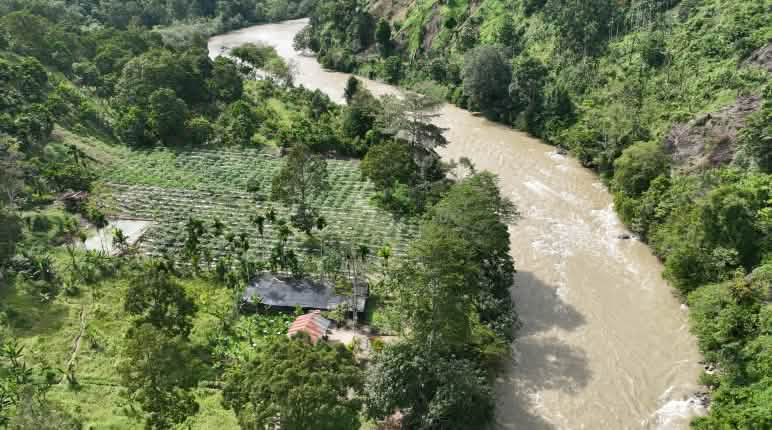
Reforestation in Aunan Sepakat
The small village of Aunan Sepakat, located in a sparsely populated river valley, is an ideal site for reforestation: The dense rainforests and mountainous areas nearby are still home to many orangutans. This project aims to restore the forest and revive nature.
Along the roads and rivers, poaching and illegal logging have left gaps in the forest cover. With our support, FKL established a tree nursery in the village several years ago, filled with seedlings from the primary forest and fruit trees. 65 farmers are involved in planting the degraded areas.
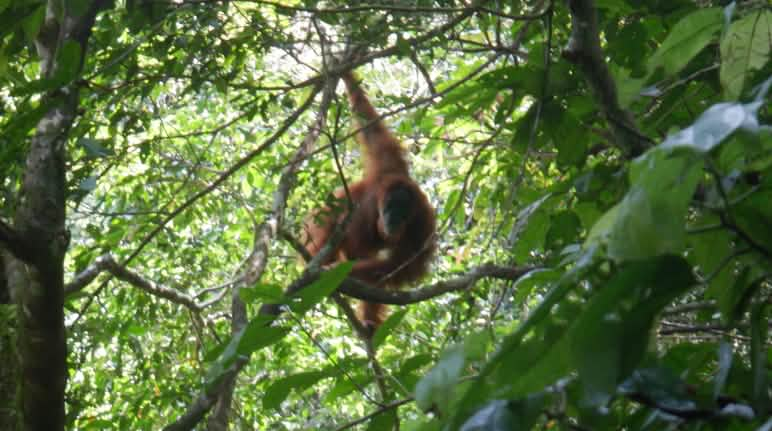
Their efforts were successful: 35 hectares have been reforested. The trees have grown, creating a secondary forest, and the orangutans are coming back. “These magnificent creatures are enjoying the fruits,” reports FKL, and the farmers are pleased to have work that sustains nature while providing them with a modest income.
Rangers protect rainforest and wildlife
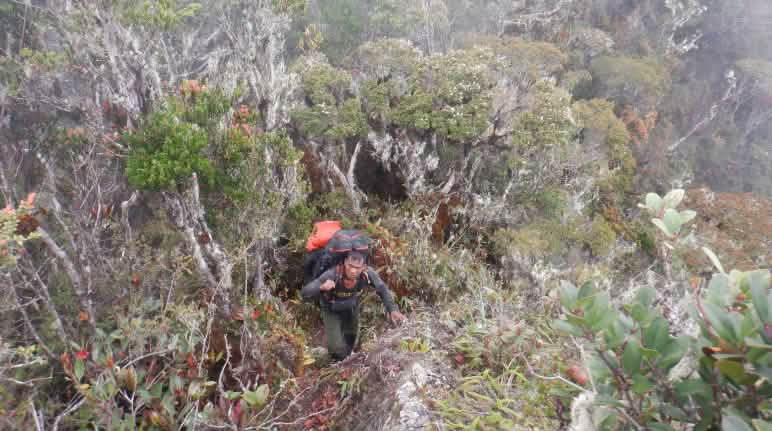
Since 2017, Rainforest Rescue has been funding two ranger teams, each consisting of five men. These rangers must be in top physical condition, as their work involves patrolling for fifteen days straight. They operate in areas affected by two roads that serve as entry points for loggers and poachers into the rainforest.
The rangers document wildlife sightings, track illegal logging, and confiscate poachers’ traps. Their efforts are paying off: poaching has decreased significantly, and twice as many wildlife species were recorded compared to the same period in 2017. This means the presence of rangers is effectively safeguarding the region’s unique wildlife.
Illegal logging was also reduced significantly in the first years of the project. However, since the onset of the Covid pandemic, the rangers have observed an increase in logging activity.
You can read the full report, complete with photos and graphics, here.
This page is available in the following languages:

Leuser: a refuge for orangutans, tigers, rhinos and elephants
In Sumatra’s Leuser, the world’s last wild giants cross paths. Meet the rangers on the front line of rainforest protection.
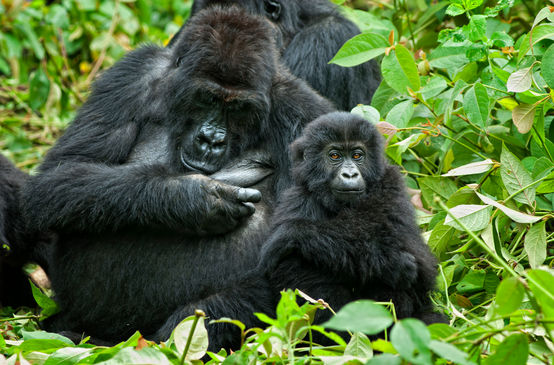
Protecting wildlife and its habitat
Our work protects iconic rainforest wildlife like gorillas in the Congo Basin, orangutans in Indonesia and jaguars in Brazil, as well as countless others.

Protect Leuser's iconic wildlife!
The Leuser Ecosystem is the only place where orangutans, tigers, elephants and rhinos share a habitat. But a new land use plan could open it.
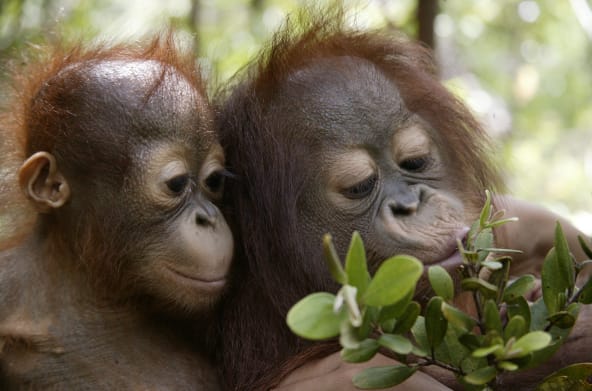
The rainforest
A green sea of ferns, mosses, vines and ancient trees. Iridescent butterflies and colorful birds. Flowers in every hue of the rainbow. The “green lung” is a natural wonder of the world. Find out more about the world’s most diverse, fascinating and threatened ecosystem.




